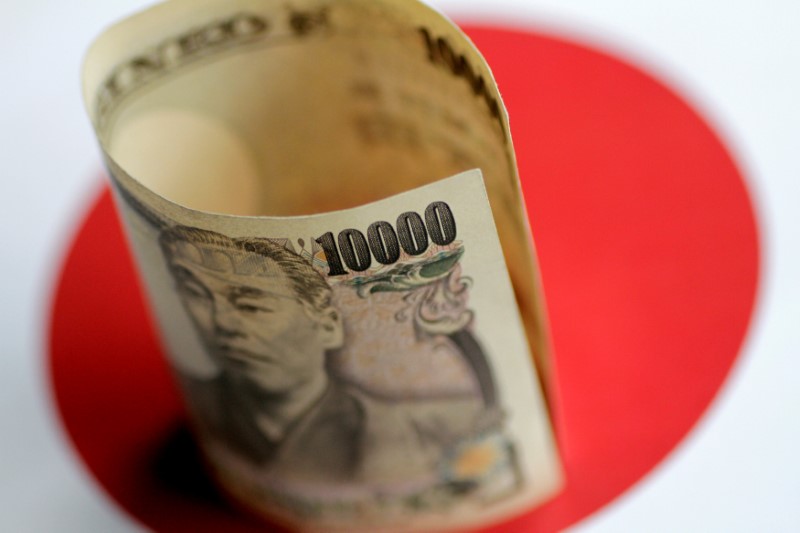BOJ Holds Firm, Putting Growth Fears Ahead of Weak Yen
2022.07.21 07:30

BOJ Holds Firm, Putting Growth Fears Ahead of Weak Yen
(Bloomberg) — The Bank of Japan left its rock-bottom interest rates unchanged Thursday as it put concern over the economy ahead of any potential implications for the yen for now, further cementing its outlier stance compared with inflation-fighting central banks overseas.
Supporting its view that the sputtering economy needs continued support even as the impact of the pandemic softens, the BOJ lowered its economic growth forecast for this year.
The downgrade follows lockdowns in China and a jump in Covid cases at home since the last quarterly projections. The global outlook has also darkened as inflation abroad fuels recession fears exacerbated by the continued war in Ukraine.
The BOJ’s concern over the growth trajectory is linked to its view that a solid recovery is necessary to help make inflation sustainable. While it raised its price forecasts for the current fiscal year to show inflation averaging 2.3% for the year ending in March, it sees that momentum slowing in the 12 months that follow.
With the stand-pat decision, Governor Haruhiko Kuroda is continuing to hunker down on stimulus despite a wave of interest-rate hikes by his peers as they try to rein in much stronger price growth. The European Central Bank is poised to raise borrowing costs later Thursday to leave the BOJ as the sole remaining dove among major central banks in developed economies.
The continued holding pattern and its bias toward further easing shows the BOJ is still prepared to risk a further weakening of the yen and renewed attacks on its yield cap as it pursues its goal of steady growth with sustainable inflation.
Read More: Kuroda Stares Down Market Bets for BOJ Pivot During His Term
The central bank has gained some breathing space to hold firm on stimulus after concerns over the global economy eased some of the pressure on the yen and 10-year yields. Just last month the BOJ was forced to buy a record amount of bonds to defend its ceiling on yields.
Japan’s currency weakened a touch to 138.41 against the dollar after whiplashing immediately after the BOJ decision. It set a fresh 24-year low of 139.39 last week.
This was the first policy meeting since the shocking murder of former Prime Minister Shinzo Abe who handpicked Kuroda to lead the bank and enabled him to become the longest serving BOJ governor.
Some economists including Hiroaki Muto at Sumitomo Life Insurance say the death may have firmed up Kuroda’s determination to stick with easing as he looks to continue the legacy of Abenomics in which he has been a key player.
Prime Minister Fumio Kishida’s strong victory in a key national election last week has also removed for the time being a potential source of pressure for change. The result showed scant public support for alternative policy approaches as the government continues to offer subsidies that alleviate household pain caused by the higher cost of living.
That has left Kuroda with scope to continue with a short-term interest rate of -0.1% and a 0.25% cap on the bank’s 10-year yield target even though this combination is contributing to yen weakness that adds to inflationary pressure.
The yen is not far from the 140 level against the dollar that would likely reignite speculation of possible currency intervention by the government, even if the likelihood of such action may still be limited.
The BOJ now sees the economy growing 2.4% this fiscal year from its earlier 2.9% view, indicating a further slowing of the recovery from the pandemic. China’s lockdowns dealt a heavy blow to manufacturers already struggling with prolonged supply chain bottlenecks, while the resurgence of virus infections and higher prices are likely to limit the rebound in consumer spending.
The central bank continues to be extremely wary of moving too quickly to raise rates and hitting the economy as it has done in the past.
(Adds more details from the statement)
©2022 Bloomberg L.P.








